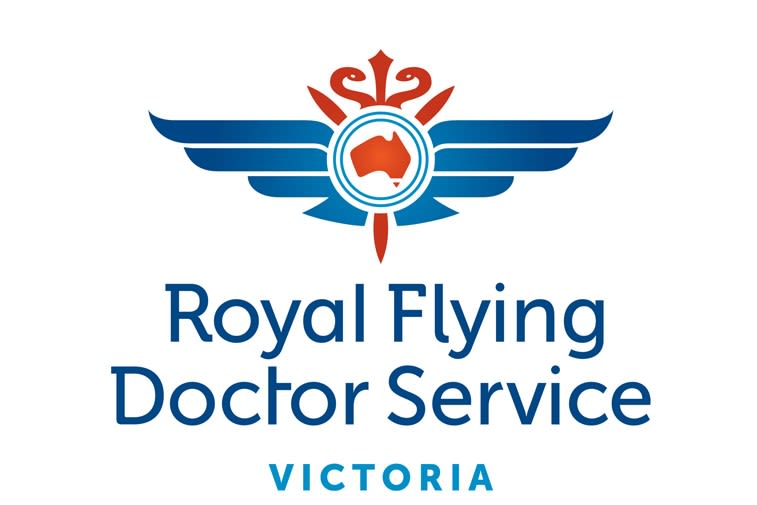Finding hope after the fire
A year after the devastating 2019/20 Victorian bushfire season, RFDS mental health clinician, Robyn Smith, reflects on a community that is hurting and healing together.
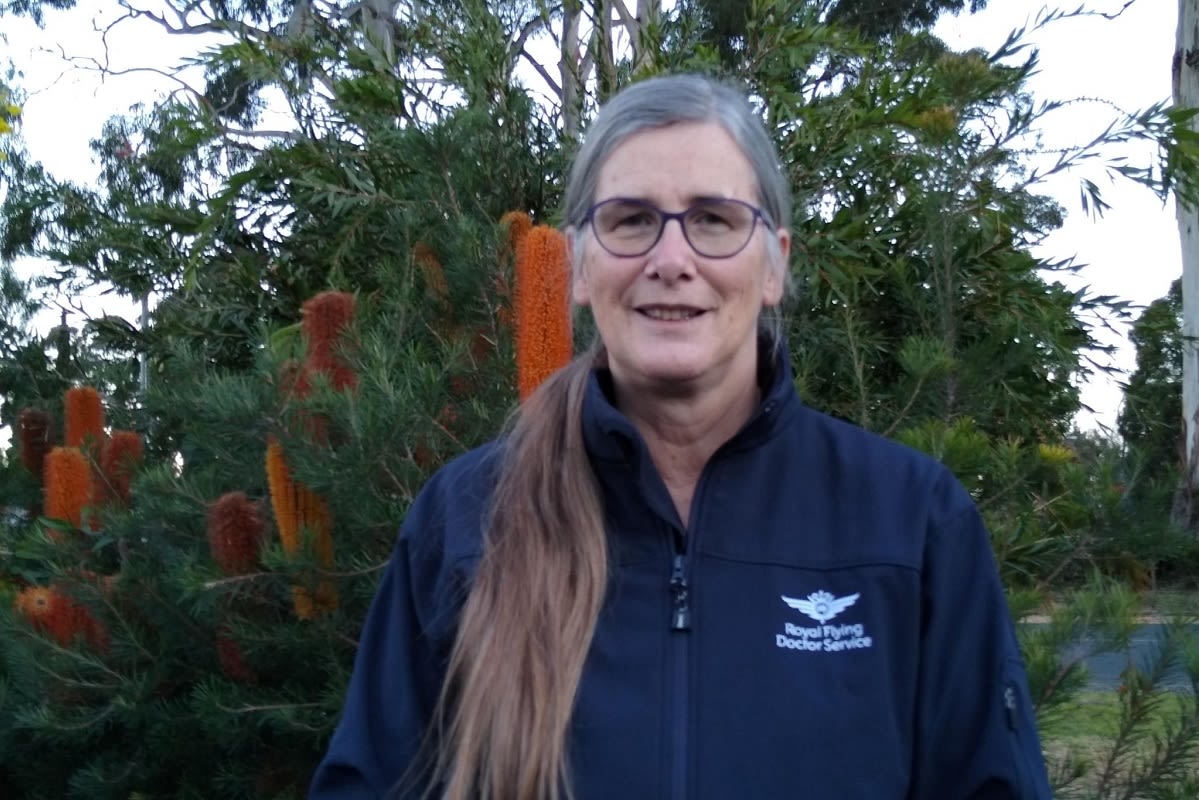
When the Black Summer bushfires tore through East Gippsland 18 months ago, psychologist and Gippsland local Robyn Smith was up in Mt Isa working in a natural disaster recovery team.
“That was not a great experience,” says Robyn, who had lived in Bairnsdale for 25 years before taking a secondment in Mt Isa. “Being so far away, and personally knowing the places that were burning. I would recognise a road or a street sign or an area where there used to be houses – all those kinds of shots [on the news] were very recognisable to me.
“I felt helpless, and wondered what on earth am I doing so far away, particularly afterwards, when I knew I had a skill set to help.”
In June 2020, after moving back home from Queensland, Robyn contacted the Royal Flying Doctor Service (RFDS) Victoria and offered her expertise, and in July 2020, officially joined RFDS to specifically work on the Bushfire Counselling and Support service. She has been working in collaboration with Relationships Australia Victoria (RAV) to support to bushfire affected communities in East Gippsland. Robyn’s focus has been on supporting the communities of Mallacoota and Cann River.
Robyn had worked for Latrobe Regional Hospital’s mental health service in various iterations for 30 years. As such, she brought a vital blend of skills to the team: not only was she a well-respected psychologist with extensive experience, but she was a local of East Gippsland Shire. This status as an “almost local” has helped build acceptance and trust in these small communities, and has also meant that Robyn was able to continue to provide face to face services during the COVID lockdowns last year.
Robyn’s experience made her an invaluable asset during the one year bushfire anniversary period.
“Anniversaries can be really tricky times for people,” says Robyn. “We probably started talking about it in September, about what we were going to do for the anniversary. How's the town going to mark the anniversary? And what kind of psychological supports are people going to need?”
The decision was made to launch a coordinated mental health response over the bushfire anniversary, with RFDS teaming up with Bushfire Recovery Victoria, East Gippsland Shire, Red Cross, Salvation Army and local welfare agencies to provide face-to-face support.
During a three week period over Christmas and the New Year, Robyn would spend her mornings at the Mallacoota District Bushfire Recovery Hub conducting formal sessions – both with existing clients and those who were triggered by the anniversary – and the afternoons walking around the community with the Red Cross, striking up conversations with people who for their own reasons had chosen not to seek formal help.
“We found dogs were a really good way in,” says Robyn “When people were evacuated out on the naval ship, the hold had 300 dogs in it, because people had to be evacuated with the dogs. So we often found that if we started a conversation by saying, ‘Hi, that's a lovely dog. Were you here during the fires last year? How did your dog manage, what was it like for them to be evacuated?’ It allowed us to then easily ask, ‘And how has this affected you?”
Importantly, it’s not only Mallacoota residents who are the benefactors of mental health support in town; visitors who were impacted by Black Summer have also received much needed help.
Robyn recalls speaking to one grandmother who had been visiting Mallacoota for 35 years with her family, and had returned to the town for the anniversary period. Black Summer was the first year she and her husband hadn’t joined the rest of her family – all 72 of them – in Mallacoota.
“She remembers hearing on the ABC, ‘Mallacoota’s gone, the whole town's gone’. Of course, none of the family's phones were working, so she didn't know if they'd evacuated or not. And she said to me, ‘I thought my whole family was gone’. It was probably 48 hours before she knew that they were all okay,” Robyn says. “She hadn't consciously acknowledged it before, that she had thought all her children and all her grandchildren were lost.”
When reflecting on what it was like to work with a wide range of service providers over this period, Robyn notes how touched she was by the camaraderie she experienced.
“It was beautiful. There was no, ‘I'm better suited to do this job’ or ‘Why are you doing that, not me?’ And we didn't even have an agreement about it…it just sort of evolved organically.”
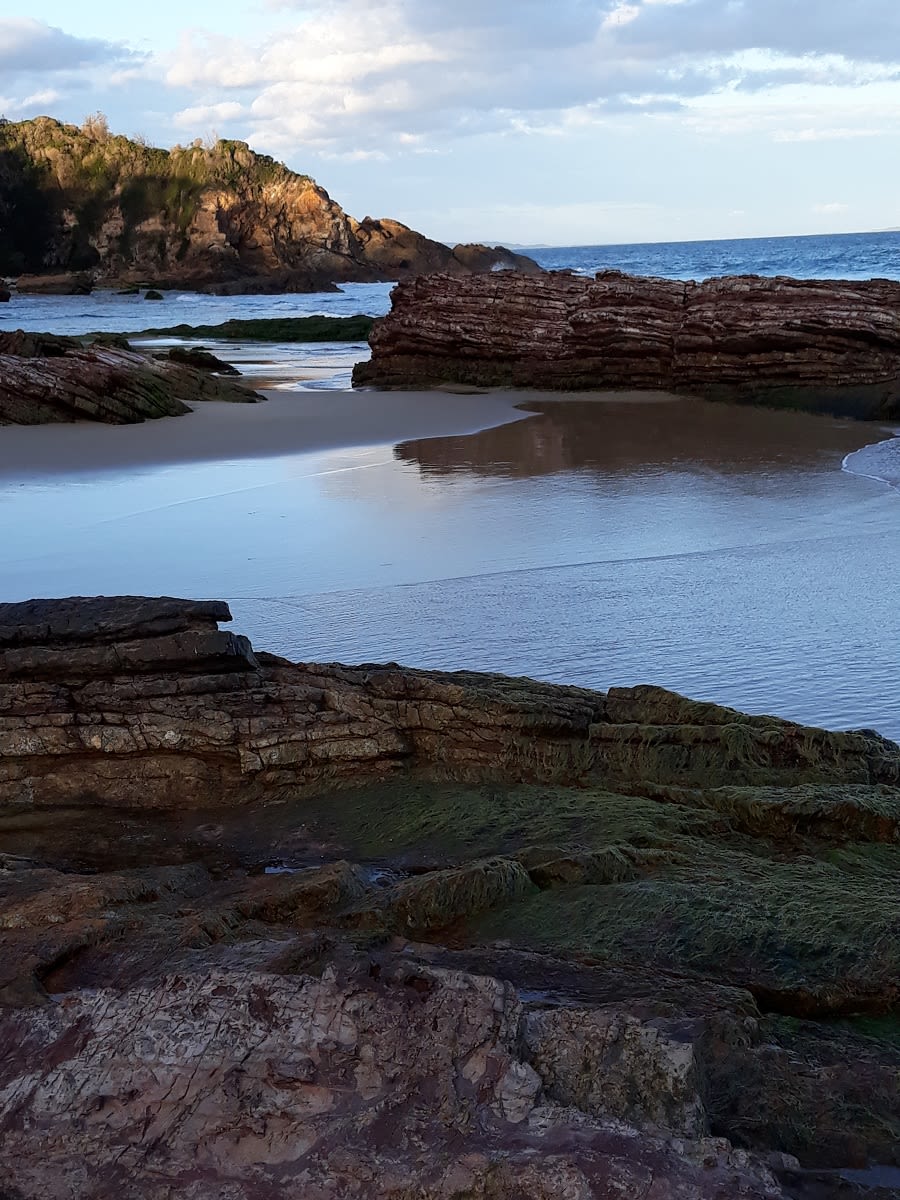
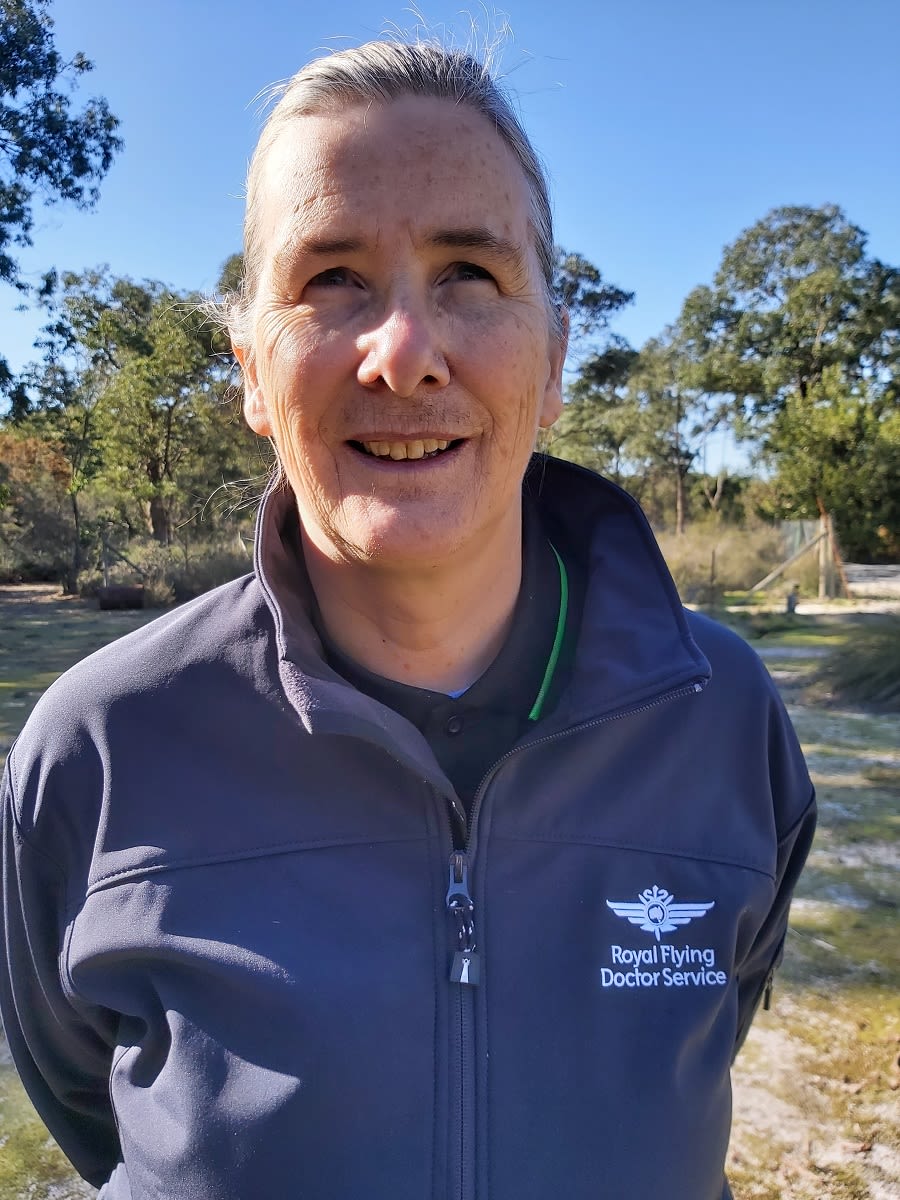
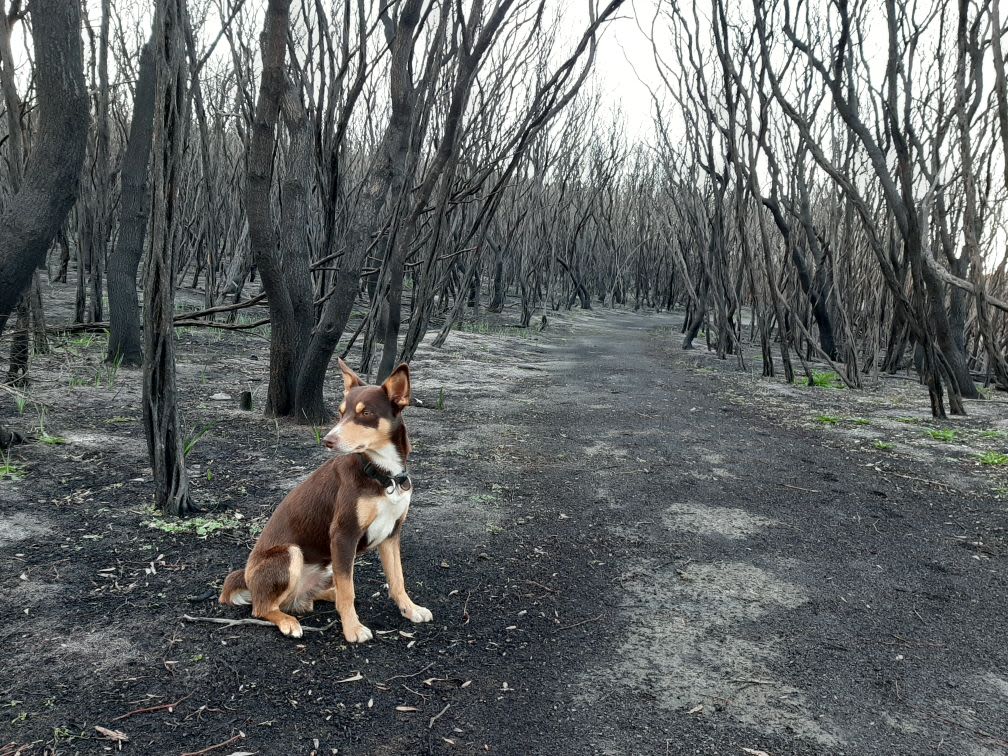
Despite the dedication of these many teams, life in Mallacoota is still far from back to normal; now, 18 months post-fires, and 6 months after the anniversary period, the town is experiencing what Robyn calls a “veneer of normality”.
“We're now seeing a re-referral of people who were flame-affected, as well as new referrals,” says Robyn. “It's not to say that the community is not doing OK, but I think we do them a disservice if we say that small towns are resilient and that the locals just get on with it. Because there's a lot to get on with, and it doesn't just get better quickly.”
And it’s not only the locals and the visitors who have been affected – the work that Robyn and the other mental health clinicians are doing can a take a very real toll personally as well. “Every person you talk to has experienced quite significant trauma. You have to find a way of renewing yourself, otherwise you just run out.
“I feel really honoured that people trust me with their distress, but also it's sometimes hard not to pick it up when you're looking at it. So, you just have to use every trick in the book.”
However, the important work that is being done in Mallacoota gives as much as it takes.
“It’s good work to be doing. You know, you can see results, and you can see that you're doing good on a daily basis, and you can see the change and the impact that you're having,” says Robyn. “That's the good stuff.”
Perhaps the most profound moment for Robyn came in the early hours of New Year’s Day 2021 on the beach – a place Robyn says “soothes my soul”.
“Because the fire came through at dawn, the local surf club organised a paddle out [to mark the anniversary]. They all just paddled out quietly, and made a circle in the water. I was on the beach at 5.30 in the morning, and it was the most moving thing – I can't even explain why it was moving. And I mean, the sunrise was nothing because it was grey. But just being there, with the water really, really still, watching these people come down onto the beach – knowing stories of what the beach had been like 12 months before – and just watching this circle get bigger and bigger. It was incredibly beautiful.
“What a privilege to be invited.”
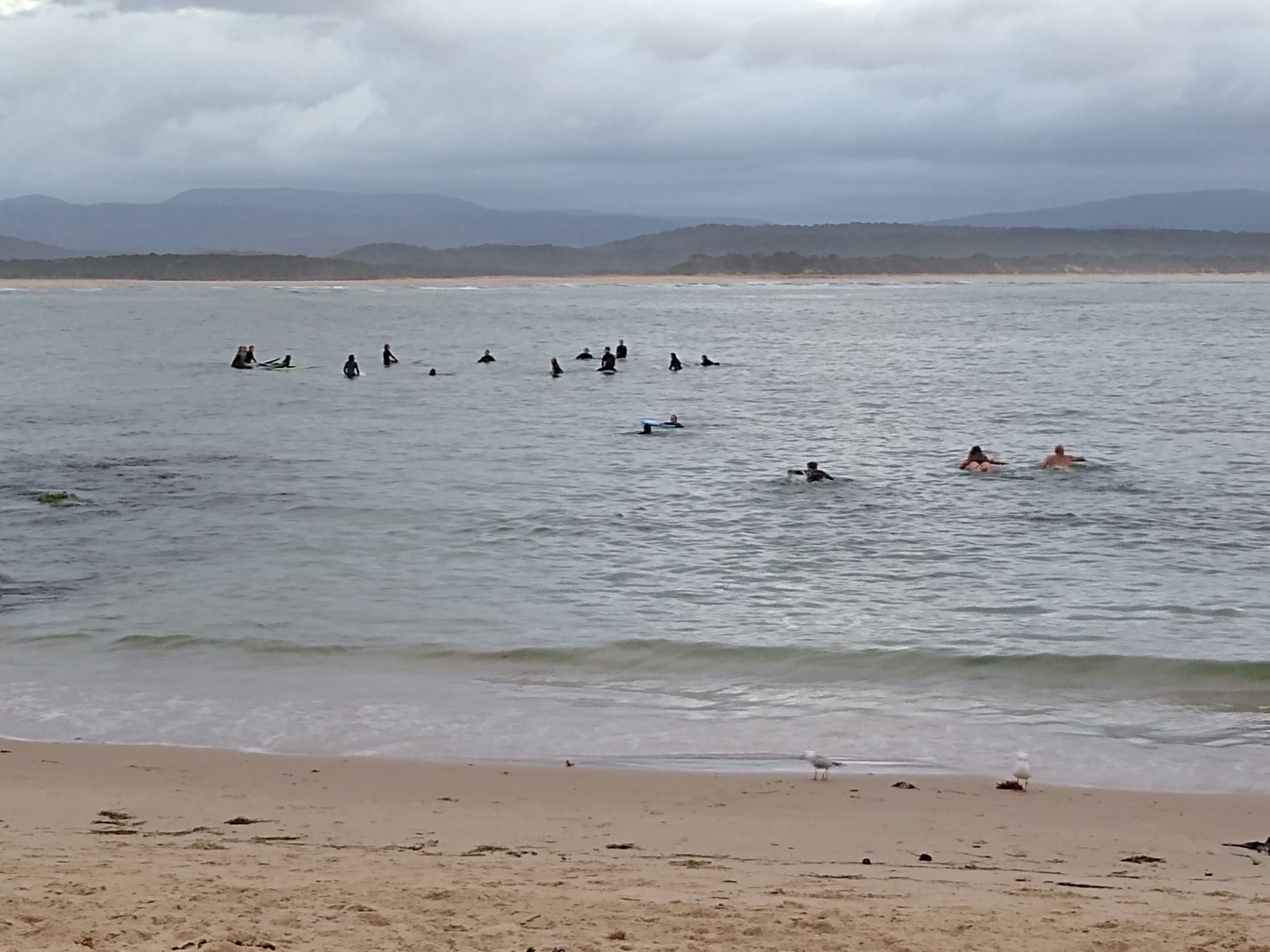
To find out more about the RFDS & RAV Bushfire Counselling and Support Service and to help us continue to support bushfire-affected communities in Victoria, please visit our website or contact us via:
T: 1800 001 068
E: wellbeing@rfdsvic.com.au

